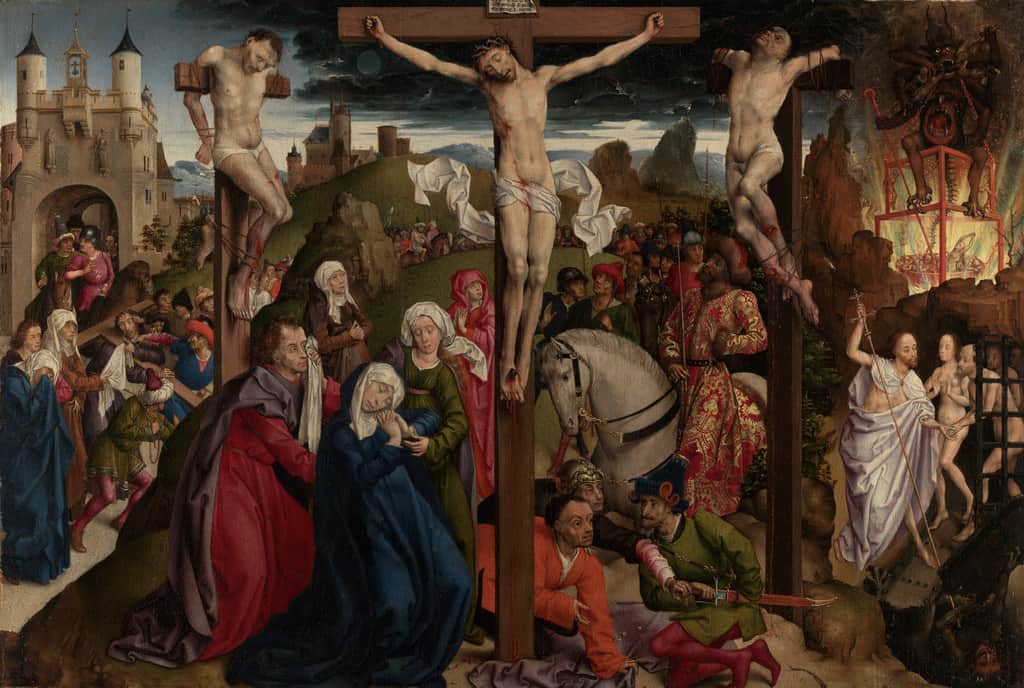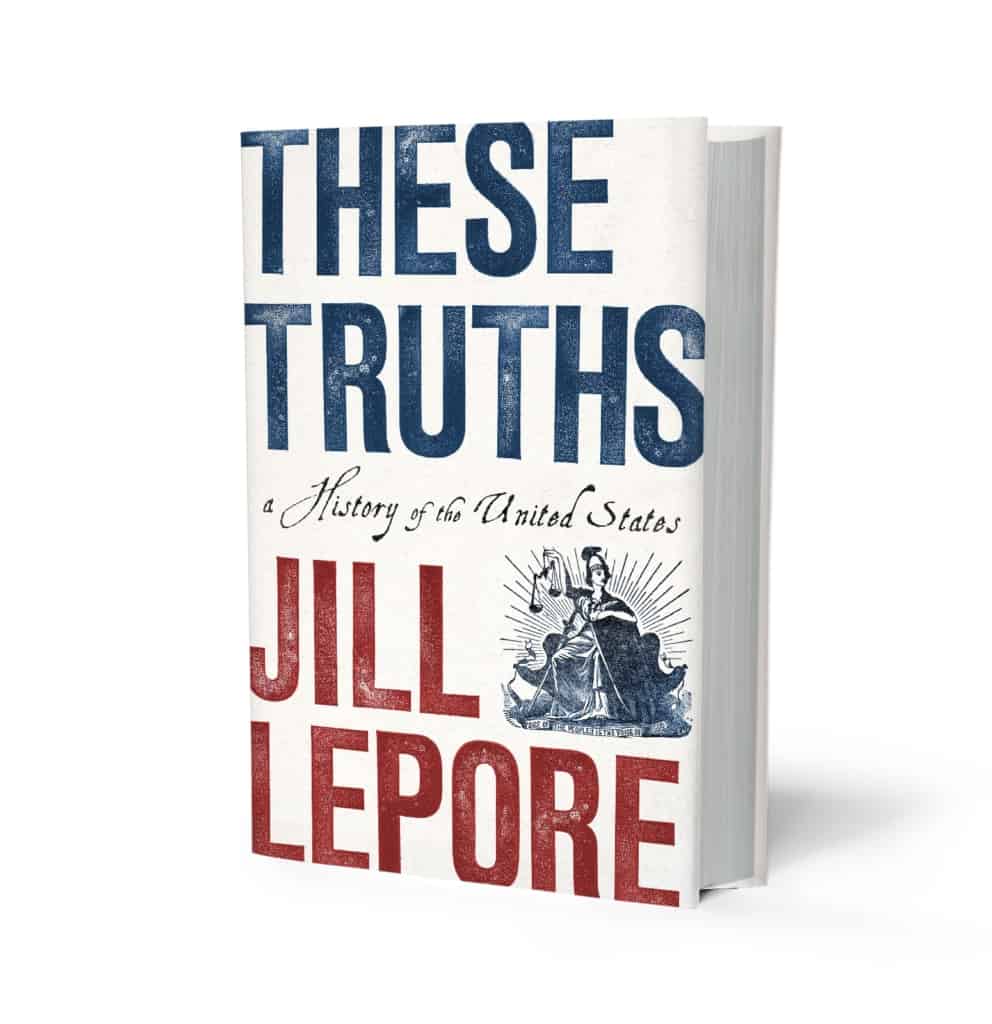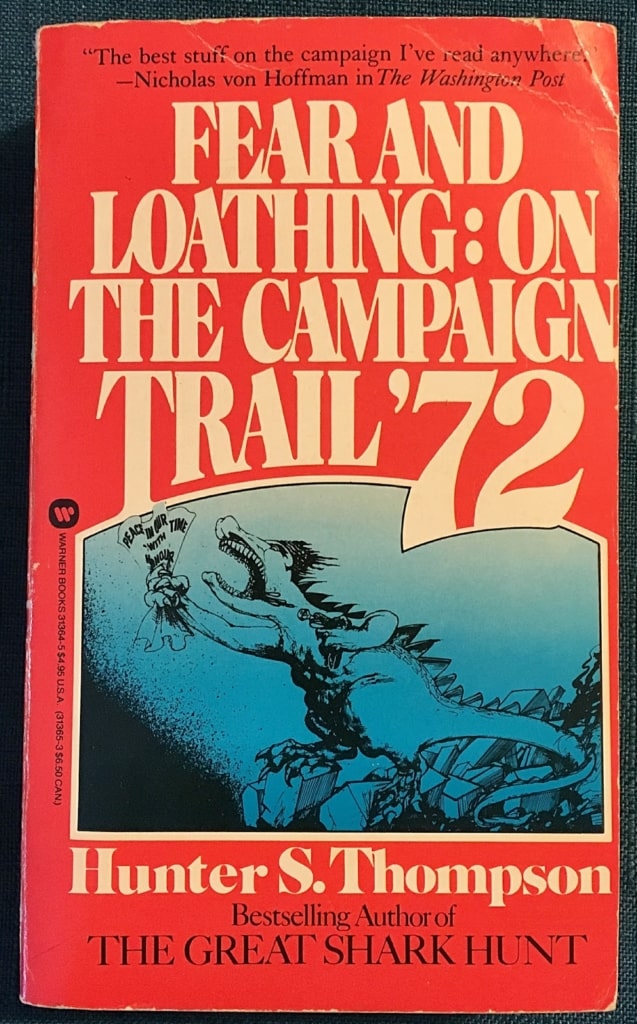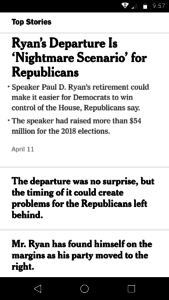On this Easter Monday, I’m reflecting on the most interesting new idea that I encountered in the last year (new to me, not new to the world). This is Rene Girard’s interpretation of the Christian crucifixion myth. I’m using “myth” to mean a story that tells us about who we are and how to interact with the world. I believe Girard is a practicing Catholic, but his theory should be no less interesting to the non-believer.
What I love about this idea is that it cuts across many different disciplines and levels of analysis — from psychology and anthropology to theology, politics, and comparative geopolitical history.
I’m astounded that I never heard of this extremely important idea until this past year. It seems monumentally important, if true. And — even if not true — still extraordinarily interesting and provocative.
Have I built it up enough?
I’m going to restate the idea in my own words without consulting any outside reference, so this account will include all the ways that I’ve been processing this Big Idea over the last few months:
- Life is hard. Even in the best case, every person suffers horribly.
- Trying to explain the suffering, we can’t help but look outside ourselves. We blame others.
- We are social animals, and the mob tends to concentrate this blame into a scapegoating of one person or group of people.
- Left unchecked, the scapegoating builds to a crescendo, and the mob kills the scapegoat. Or one representative of the scapegoated group.
- This problem — the potential killing of the scapegoat — is common to all human societies.
- The Christian crucifixion story centers on one archetypal instance of this type of scapegoating leading to mob murder.
- The government is completely powerless in the face of this type of mob. Government power (as represented by Pontius Pilate in the story) is corrupted or co-opted by the bloodlust of the mob.
- The essential plot twist in the story is that the mob got it wrong this time. This person we killed wasn’t the scapegoat. He wasn’t just innocent. He was divine. We killed God.
- But it was all for naught because God is immortal. Thus Jesus is resurrected.
- This myth-with-a-plot-twist has tremendous social utility. It bolsters the social compact that is necessary for a modern society to flourish, because…
- First, it puts the brakes on the mob’s rush to judgment.
- Second, for those who are scapegoated, it gives them the strength to carry on and — perhaps — the forbearance necessary not to retaliate.
- Also, in this idea is the seed of democracy, since it recognizes the sovereignty of the individual (who may indeed be divine).
- And modern Western democracies — as displayed so brilliantly in our own Constitution — balance the competing goals of (1) popular rule, and (2) protection of those not in the majority.
- By providing a social structure that constrains this universal human phenomenon of murderous scapegoating, the Christian crucifixion myth sets the stage for Western democracies to be (relatively) stable and peaceful.
- And that stability and peace allows for the emergence of the modern world.
I’m pretty persuaded by #1-12. It’s transformed the way I think about religion and human nature and the purpose of myth. The second part — #13-16 — is intriguing but I’m less sure.
Of course, there are lots of examples of Christians engaging in scapegoating, sometimes even murderous. So the prophylactic effect isn’t 100% reliable. But even a small improvement could be important.
UPDATE: HT Rod Dreher (and indirectly, Peter Thiel) for turning me on to Girard.




